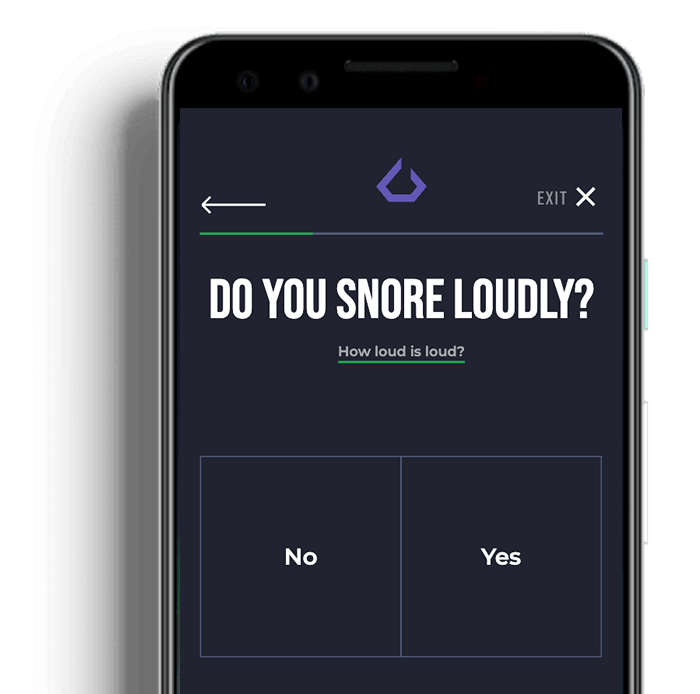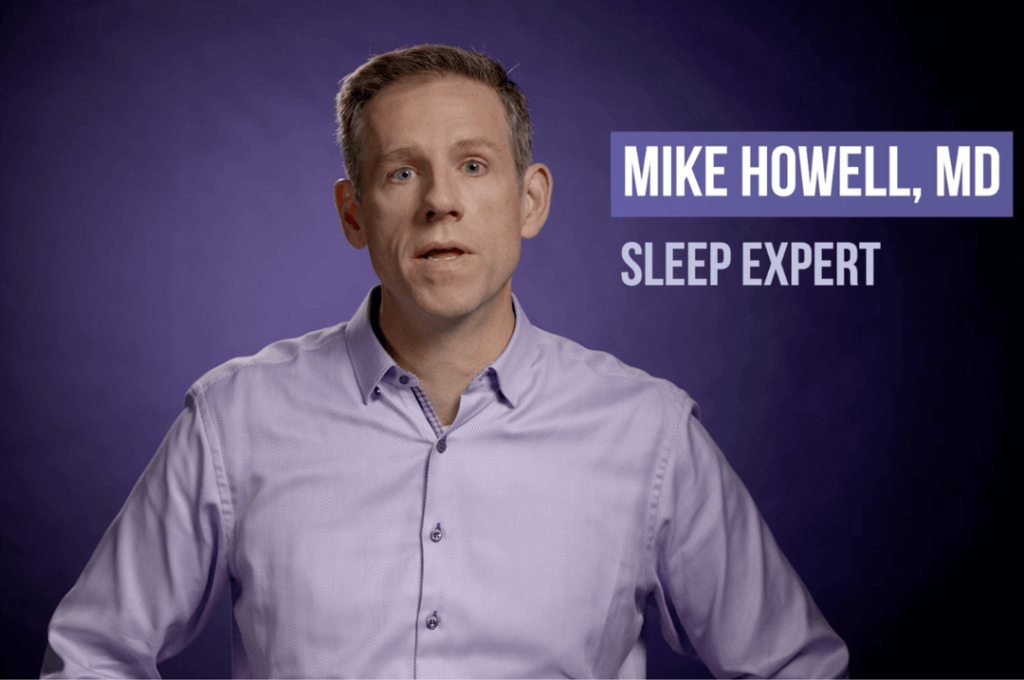An important part of an obstructive sleep apnea diagnosis is the Apnea-Hypopnea Index score, or AHI. However, for most people, understanding this measurement isn’t exactly straightforward. In this blog we’ll break down what your Apnea-Hypopnea Index is and why it helps us direct you to the right treatment options.
Diagnosing Obstructive Sleep Apnea with An AHI Score
When we talk about sleep apnea, we’re typically referring to the most common form, which is obstructive sleep apnea (OSA). If you have OSA, you’re experiencing partial or complete obstruction of your airway, which can lead to loud snoring, choking, or gasping for air at night. But in order to know whether your snore is just a snore, or if it’s caused by sleep apnea, you’ll need to do a sleep test. One of the things a sleep study measures is your Apnea-Hypopnea Index or AHI.
How do you calculate my AHI score?
During your sleep test, one of the things we track is how frequently your airway collapses. A complete collapse is called an apnea, while a partial collapse is called a hypopnea. Once you have completed your GEM SLEEP at-home sleep test, our team of clinicians counts the number of apnea and hypopnea events lasting 10 seconds or longer and divides it by the number of hours you were asleep. The resulting number is your AHI score. This number is very important because it can help you and your GEM SLEEP clinician gauge the severity of your sleep apnea.
What does my AHI score mean?
AHI scores are divided into three categories: Mild, Moderate and Severe.
Can treatment improve my AHI score?
Treating sleep apnea with continuous positive airway pressure (CPAP) or oral appliance therapy (OAT) helps to keep the airway open, optimizing breathing and helping you to get good restful sleep. Many studies have found that using a CPAP or OAT during sleep can lower a patient’s AHI by 70-95%.
That improvement can decrease your blood pressure, lower your risk for stroke and heart attack, improve the quality of your help and help you wake up well rested with energy to take on the day.
Take the first step toward better sleep
Concerned that you or a loved one may have obstructive sleep apnea? Take our one-minute online quiz to determine your risk factor. From there, we can help you with a diagnosis, if necessary, including finding your AHI score, and get you on the path to better rest.
Today’s the day to change your life.

If you are tired or exhausted do not operate a vehicle or machinery.
The information contained in this document is for educational purposes only. Sleep apnea can only be diagnosed via a medically approved sleep test. A sleep test must be ordered and reviewed by a professional provider trained in Sleep Medicine.
GEM SLEEP is focused on treatment and support of sleep apnea, not other sleep conditions.





